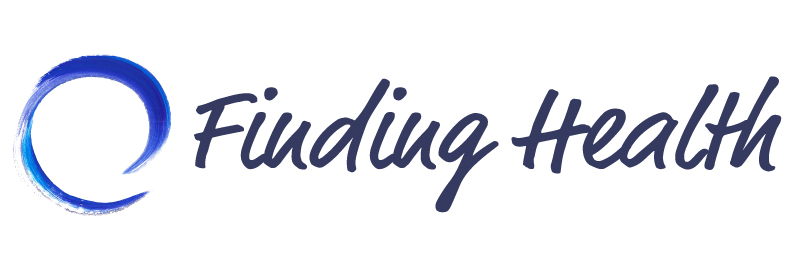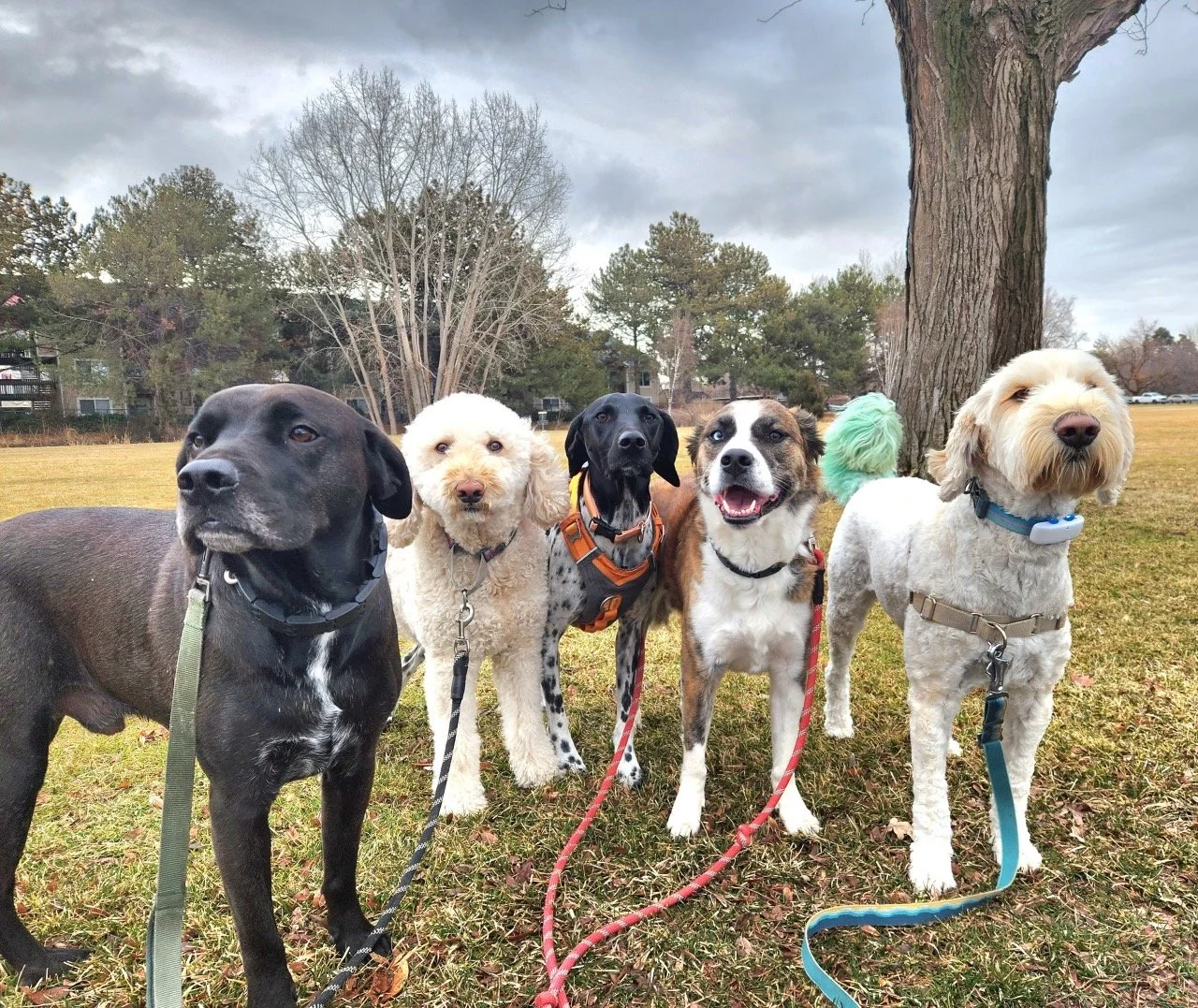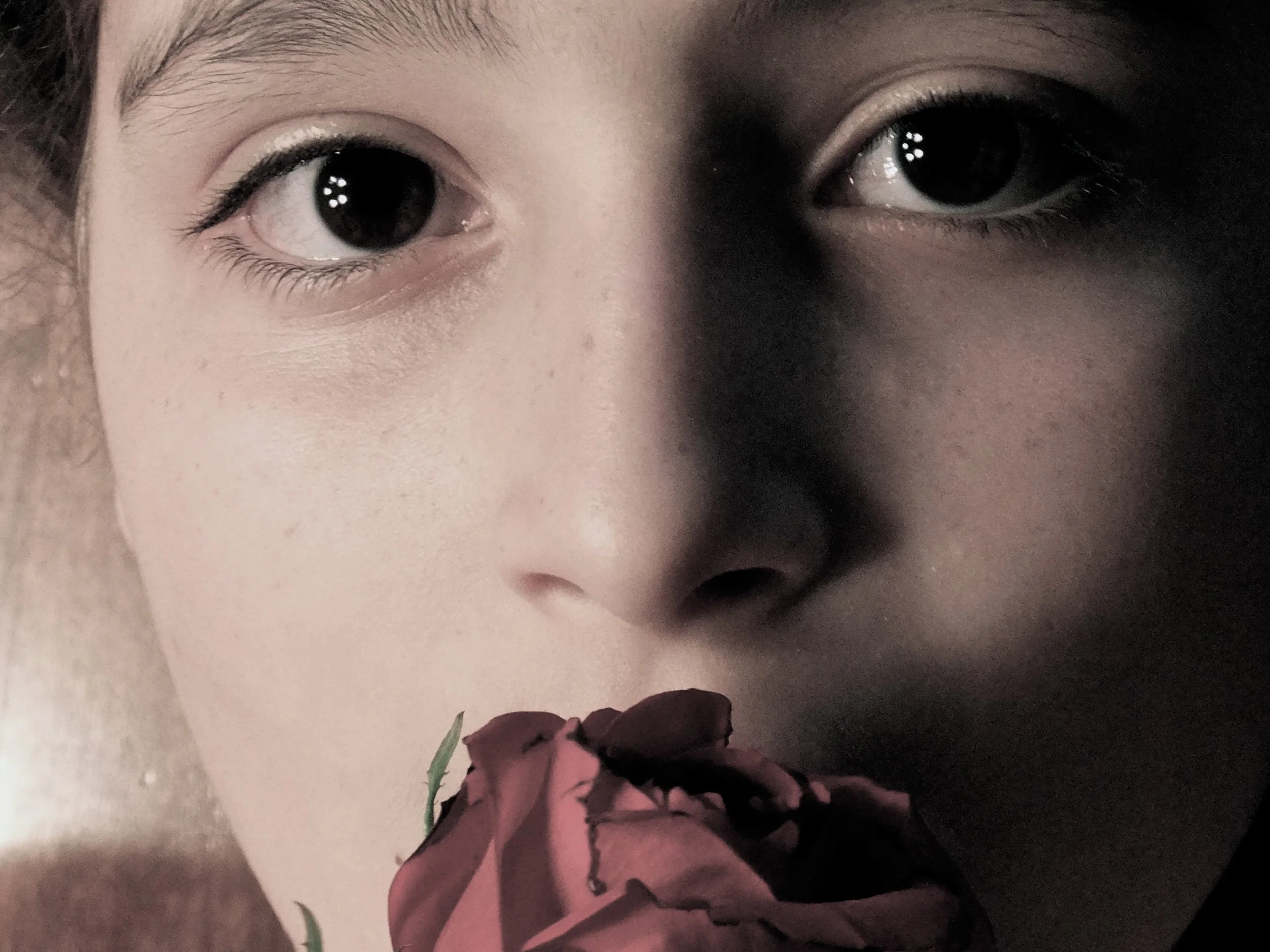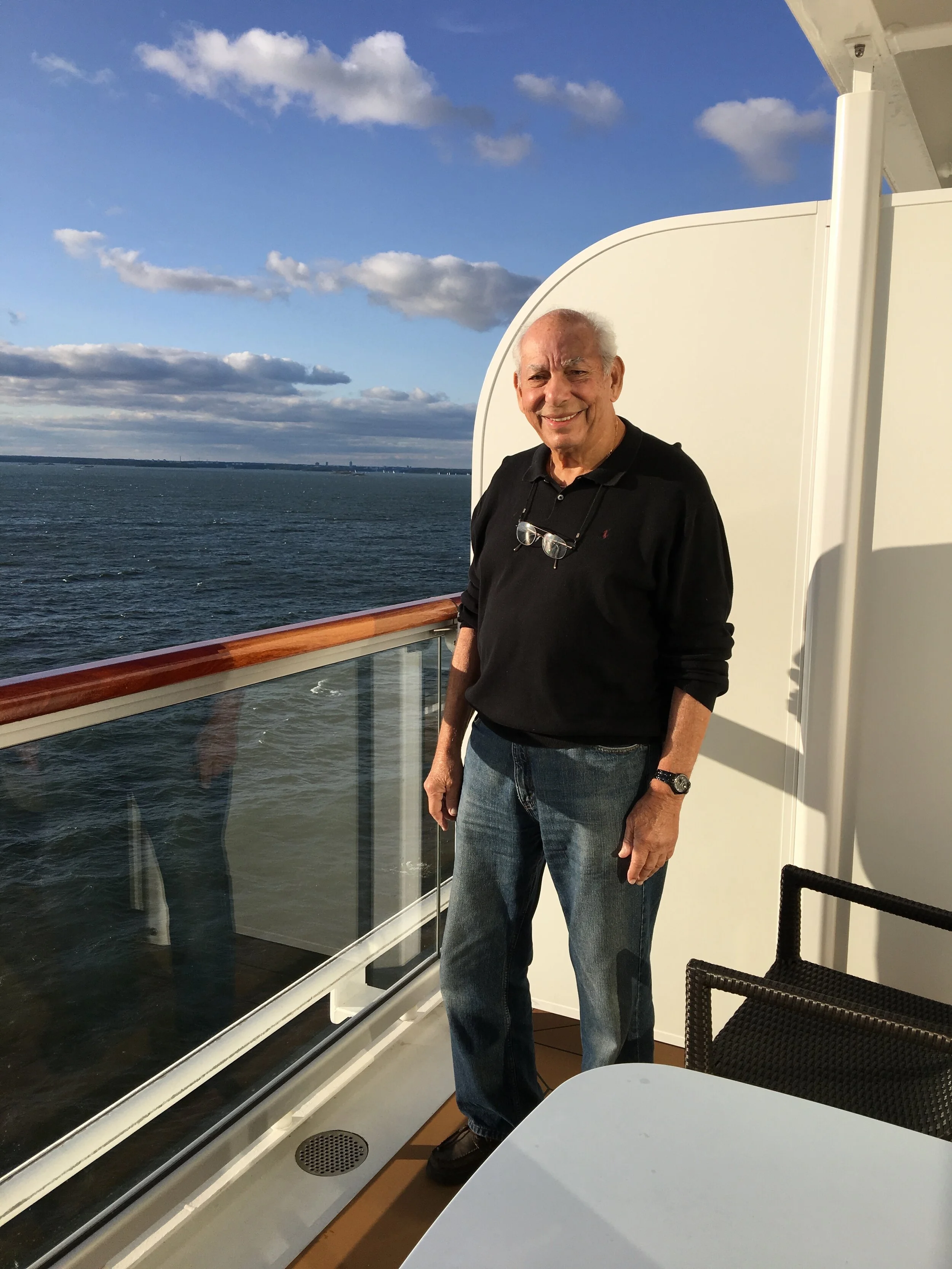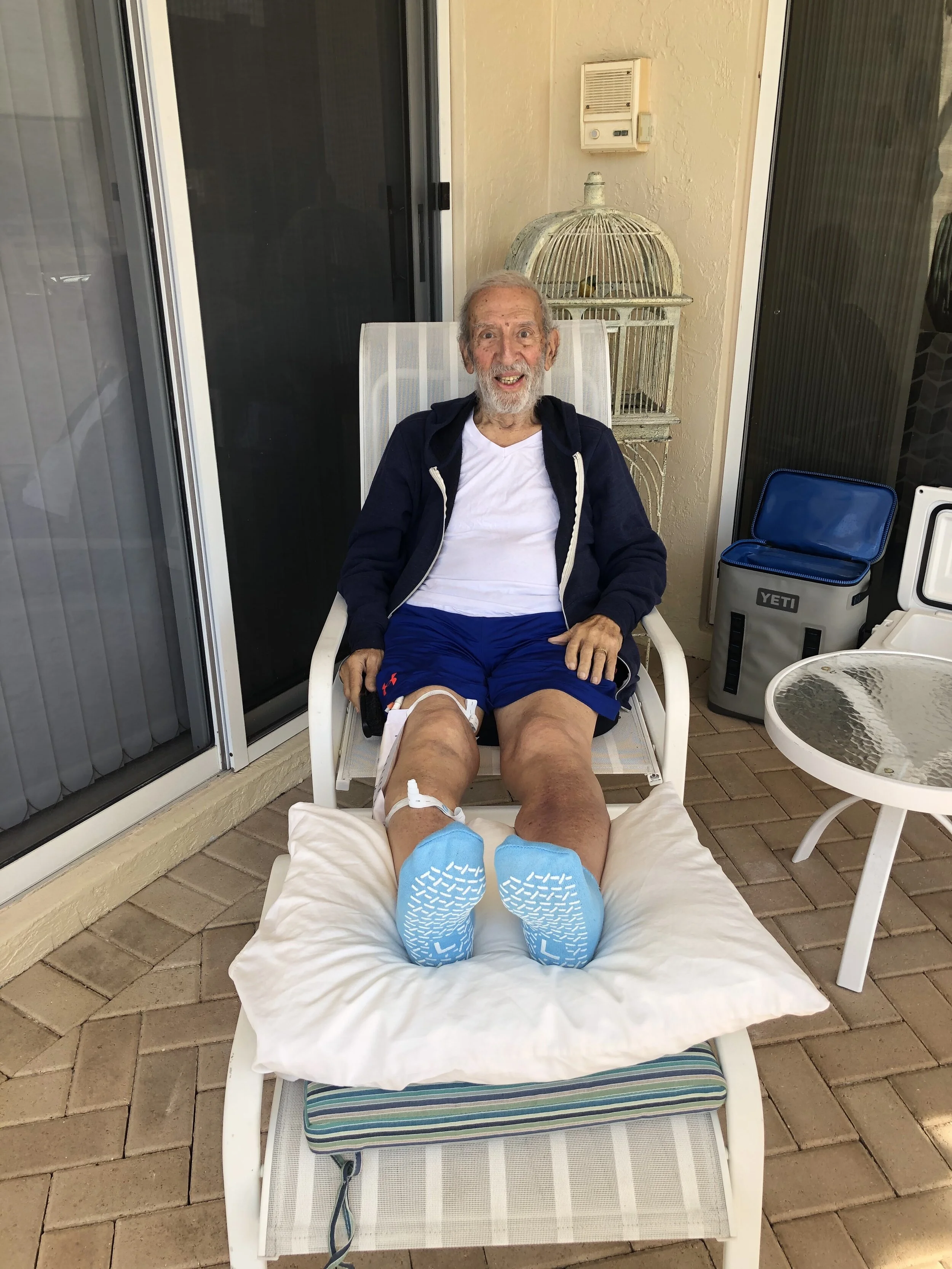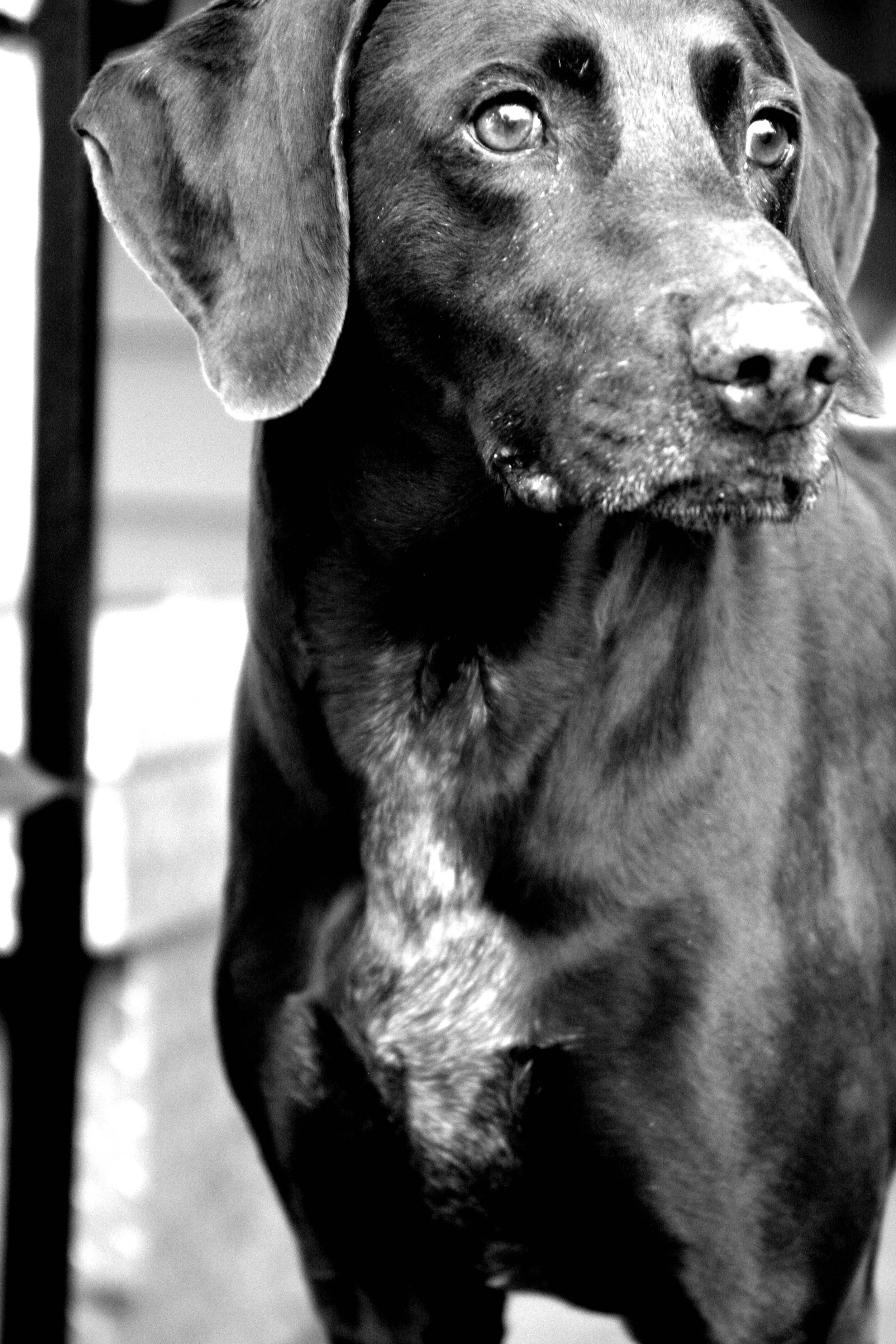Loosening My GRIP on Control
/Sheltered at home for several months in 2020, I spent much of my day integrating a tele-health practice, exploring evolving research with peers nationwide and searching through the daily barrage of information to find answers - how does this virus work, how do we mitigate the impact on the lungs, how do we keep our community safe as we identify treatments?
Even once I returned to my office, masked and socially distanced from my patients, clear answers were not available. We were still learning, and while we had gained valuable insights, we did not have enough understanding to prevent the devastating consequences of this disease.
My uncle was awake and talking upon arrival to the ER. Yet, within 24 hours, his ability to oxygenate plummeted and he was transferred to the COVID ICU and connected to a ventilator. Motionless except for the artificial inhalation and exhalation mediated by a machine, pressor medications were prescribed to help him circulate blood to his vital organs.
Physicians and nurses did all they could to keep his body functioning while searching for effective ways to treat this novel infection. Without a clear understanding of the pathophysiology of the virus or proven treatments, the virus was free to attack his body unimpeded.
Lack of control is sobering - compelling me to sit with feelings of uncertainty and helplessness and respect their power.
The patients I have been privileged to work with over the years have often provided me with insights. People who awoke one day to a new reality, a life threatening illnesses that challenged everything they held dear.
I recall the day Yvonne came in to the office. Convinced that her headaches were due to chronic sinus infections or stress, she looked at me incredulously when as gently as possible, I informed her that her brain scan was abnormal, likely identifying a tumor.
Twenty years later, I still remember the feelings of that day. As we talked, the air in the room felt heavy and the lights seemed to darken. This patient who I had known for many years, who had sent me gifts when my children were born and remembered their birthdays, seemed to pull away, occasionally glancing up at me as if to say: “do something … make this different… say something else.”
But I couldn’t make it different - and in that moment, my body ached, my breathing quickened and I experienced a profound feeling of helplessness.
Yet, in the days that followed, in small ways, we learned together how to navigate this new normal - a world inclusive of a brain tumor - a world filled with unknowns, immense challenges and pain, and paradoxically, opportunities and blessings.
We became familiar with the unexpected and unwelcome. We confronted our perceptions of helplessness by strengthening our connections with each other.
The medical professionals caring for my uncle similarly endeavored to develop meaningful connections with him and with our family. They joined us as we navigated our unprecedented new normal.
My uncle lived for 28 days on a ventilator, enduring severe secondary infections, two gastrointestinal bleeds, kidney and liver dysfunction and a myriad of other serious complications. The physicians and nurses compassionately shared what they knew - and acknowledged what was still unclear. We walked together into the unknown.
In an unexpected turn of events, my uncle recovered. The day that the endotracheal tube was removed, the healthcare team that had worked so hard to provide him with the best available care despite limited scientific data, cheered him on, cried with us and expressed gratitude for this unlikely outcome.
At times in our lives when we do not have answers, our relationships provide us with the strength to weather inconceivable storms. They help us make room for both the tragedies and the gifts, and recognize the ever-present opportunities for compassion and connection.
My Uncle Harold - 6 weeks after discharge from the hospital.
He celebrated his 88th birthday with his family.
